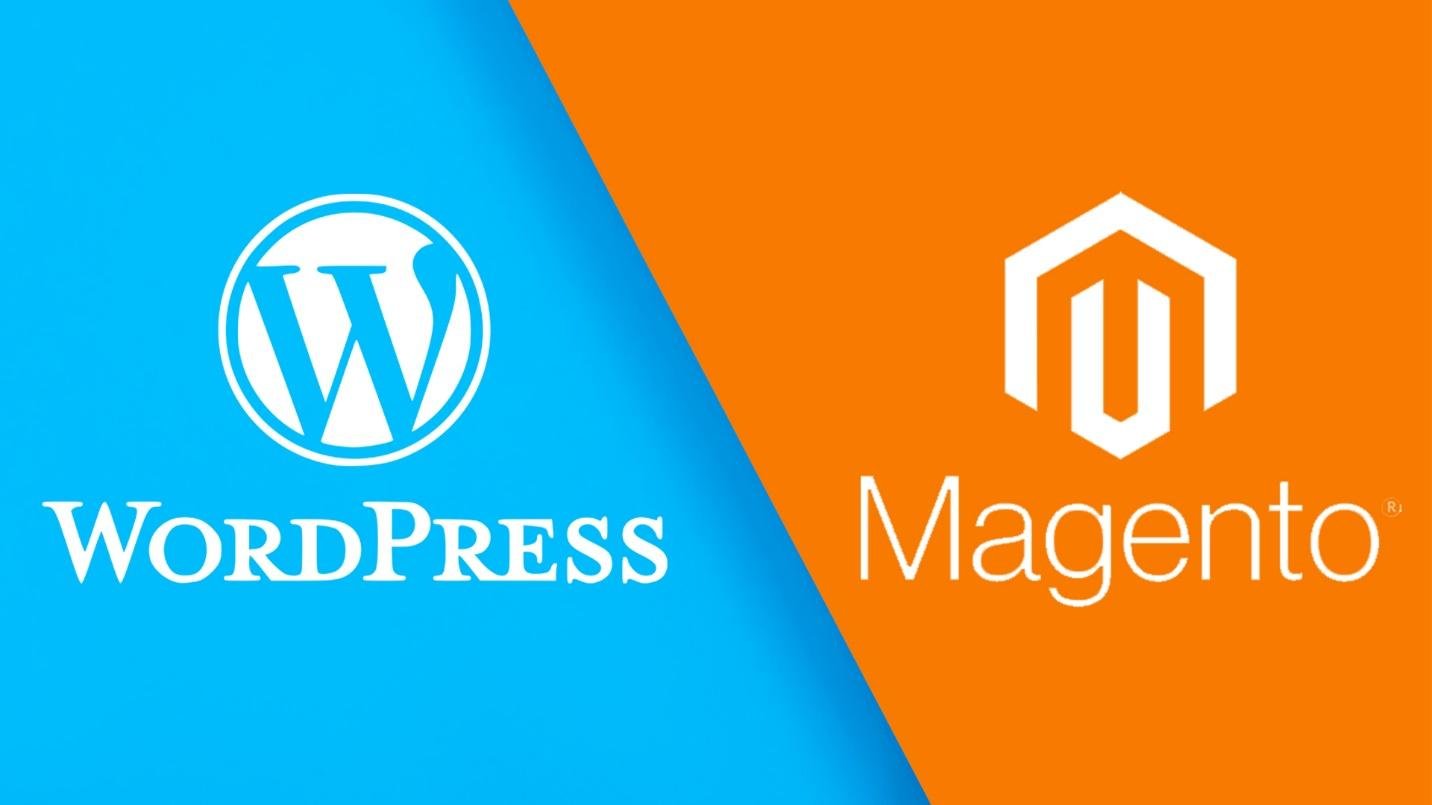In an industry as dynamic and fluid as eCommerce, you don’t want to be left behind because that will be bad for business. But to stay ahead of the curve and compete favorably, you need a top-tier content management system at your disposal. And when we talk of tools of that caliber, two come to mind – WordPress and Magento.
Though they share similarities, these software have several distinct features that influence their approach to online selling. This article will compare both, not to determine which one is superior but rather to help you make an informed decision about which one is better suited for your needs.
An Overview of WordPress
WordPress was initially designed to be a blogging platform, but thanks to plugins like WooCommerce, this flexible CMS has evolved into something capable of powering and customizing online stores. Many love and use WordPress because of its massive library of themes, plugin ecosystem, and user-friendly interface. In summary, it’s a multi-dimensional platform that you can use to create and manage anything from a simple blog to a complete eCommerce site.
An Overview of Magento
Unlike WordPress, Magento Development has always been meant for eCommerce. Magento is an open-source eCommerce platform designed specifically for online merchants. It comes with many features, including product management, inventory control, shipping and tax management, and marketing tools. Magento is highly expandable, which makes it capable of handling large product catalogs and high-volume traffic with ease.
Benefits of WordPress
Companies and individuals tend to opt for WordPress development services because of the following reasons:
- A User-Friendly Experience: This platform has an interface that makes it easy for even non-technical users to create and manage online stores.
- Flexibility and Customization: WordPress provides access to thousands of themes and plugins that you can use to configure your store or site to the specific needs of your brands.
- Cost-Effective Solution: As an open-source platform, WordPress itself is free to use, making it an affordable option for businesses of all sizes, especially startups and small enterprises
- SEO-Friendly: WordPress makes it easier for your online store to rank higher in search engine results and drive organic traffic with Professional SEO Services. This is a key reason eCommerce brands work with a WordPress development company.
Downsides of Using WordPress
The following highlights the shortcomings of WordPress:
- Limited Out-of-the-Box eCommerce Features: The core functionality of this CMS lacks eCommerce features by default, causing you to rely on third-party plugins.
- Security Vulnerability: As a widely-used platform, WordPress can be a target for hackers and malicious attacks if not properly secured and updated.
Benefits of Using Magento
When you opt for Magento development services, your site can enjoy the following;
- A Wide Range of Powerful eCommerce Features: As a powerhouse, Magento is stacked with a small army of features ranging from advanced product management to inventory control, shipping, and tax integrations.
- High-Performance: This platform is built to handle large product catalogs, high traffic volumes, and complex transactions with ease, making it an ideal choice for rapidly growing businesses.
- Security: Magento takes security seriously, with frequent updates and a dedicated team ensuring your online store remains protected against potential threats.
- SEO Capabilities: This CMS has built-in marketing tools, such as promotions, customer segmentation, and targeted campaigns, to help drive sales and customer loyalty.
Downsides of Using Magento
Despite the perks that Magento development offers to eCommerce brands, there are some drawbacks that come with it. These include:
- The CMS is Harder to Learn: Magento is feature-rich, and this makes it hard for non-technical users to use it efficiently.
- Higher Requirements for Hosting: Unlike WordPress, Magento often requires more powerful and expensive hosting solutions to perform optimally.
Final Takeaway
Everything comes down to which tool is more suitable for your brand’s needs. If you’re familiar with coding, you should have no problem using Magento, but it can be a lot in the hands of a layman. WordPress, on the other hand, is easy for anybody to use but lacks the features and performance that Magento is known for.








